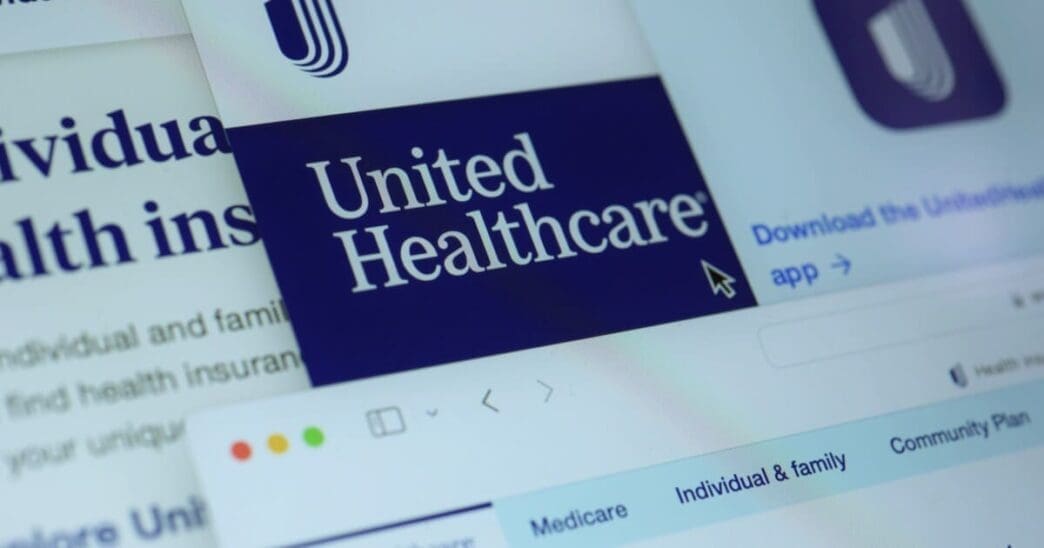The shocking murder of UnitedHealthcare’s CEO, Brian Thompson, in New York has stirred a significant backlash against the health insurance industry on social media.
On Wednesday morning, UnitedHealthcare CEO Brian Thompson was fatally shot, igniting a wave of reactions across social media platforms. Observers noted a surprising level of indifference and even satisfaction in some responses to Thompson’s death. A TikTok user, for example, posted a video expressing a lack of sympathy, jesting that an ‘authorization’ would be required for condolences, only to ‘deny that request.’
Such incidents highlight growing public frustration with private health insurance companies. Some users echoed sentiments from previous reports, describing the sector as ‘evil’ and claiming indifference to the tragic event. These voices recall a recurring narrative of dissatisfaction with insurance companies accused of prioritizing profits over patient care.
Further fueling the online outrage were details from the investigation, which revealed that the words ‘deny,’ ‘defend,’ and ‘depose’ were inscribed on the shell casings used by the shooter. These terms resonated with many on social media, reminiscent of a 2010 book titled ‘Delay, Deny, Defend,’ which critiques insurance companies for failing to honor claims.
https://www.tiktok.com/@user/video/7444767528162757918
Recent data support these grievances. A U.S. Senate investigative report highlighted a significant rise in denial rates across major insurers, with UnitedHealthcare’s denial rate for post-acute care nearly doubling from 2020 to 2022. Similarly, Humana reported a 54% increase in denials for long-term post-acute care during the same period. These figures reflect a troubling trend of increasing out-of-pocket expenses for consumers, with a survey from The Commonwealth Fund indicating that nearly a quarter of older adults in the U.S. spent at least $2,000 on healthcare last year.
Stephan Meier, chair of the management division at Columbia Business School, noted that reactions to Thompson’s murder are rooted in the deep-seated distrust of the health insurance industry. Meier pointed out that surveys consistently reveal low public trust in insurers, making the furious online reaction unsurprising.
In response to rising security concerns, some companies are taking measures to protect their executives. CVS Health, for example, has removed photographs of its leaders from its website, indicating the industry’s awareness of potential threats and backlash.
The tragic death of Brian Thompson has underscored the widespread discontent with the health insurance sector. As social media reactions demonstrate, the industry’s practices continue to face severe scrutiny, urging companies to reevaluate their engagement with consumers.
Source: Abcactionnews








